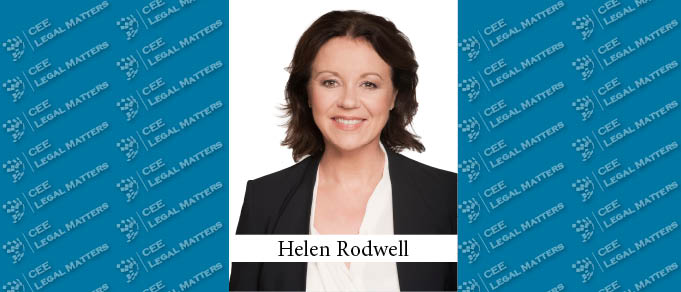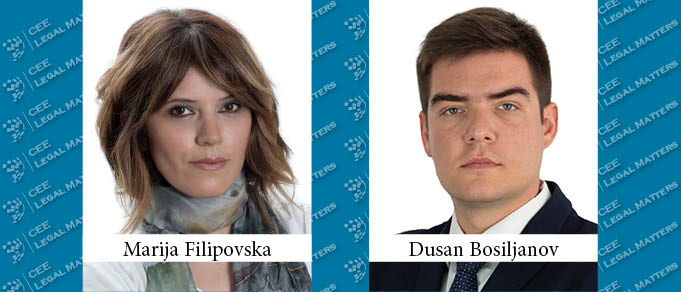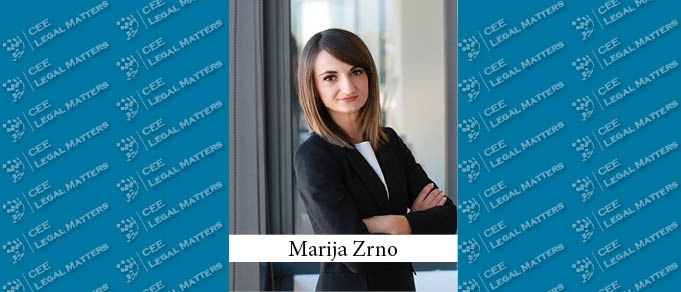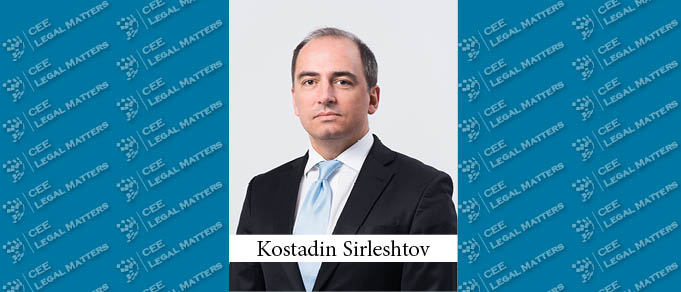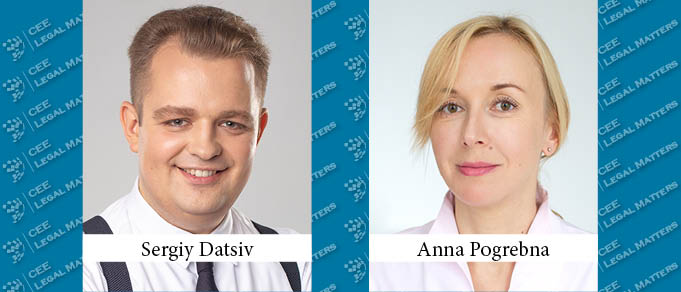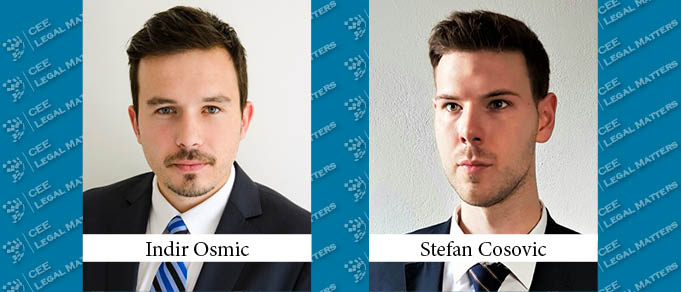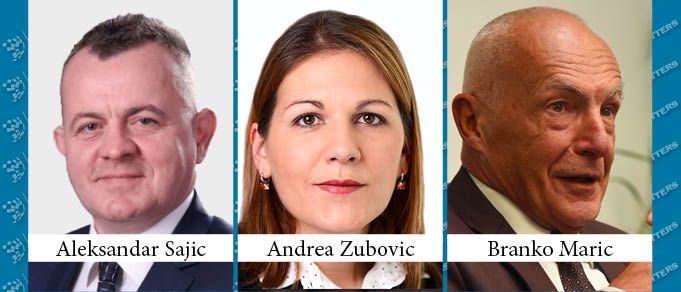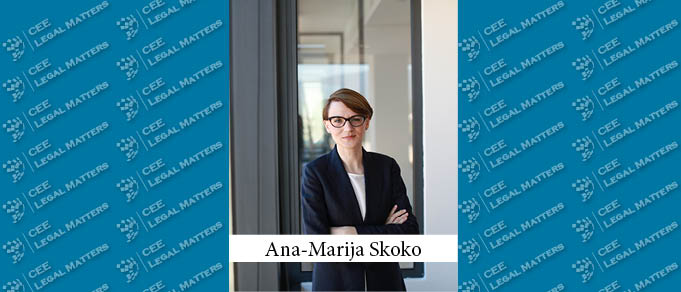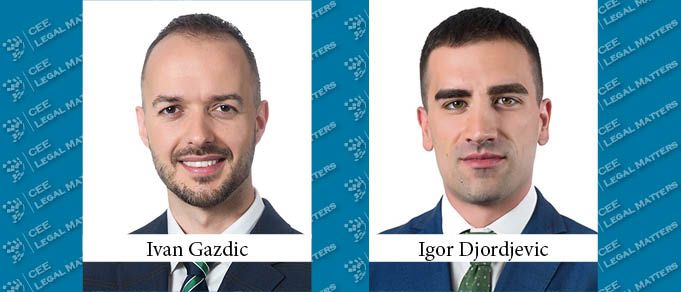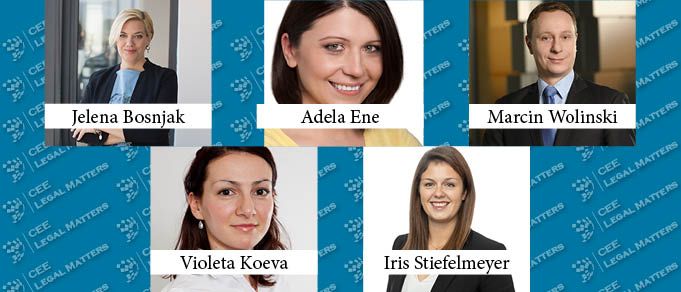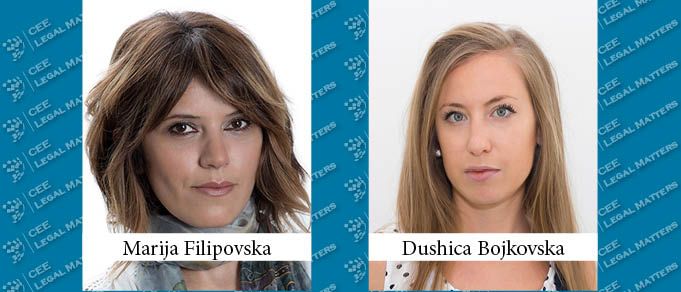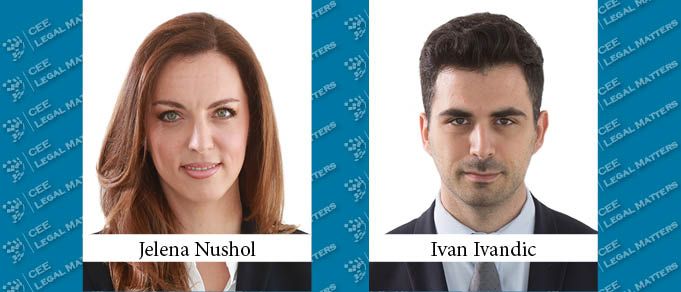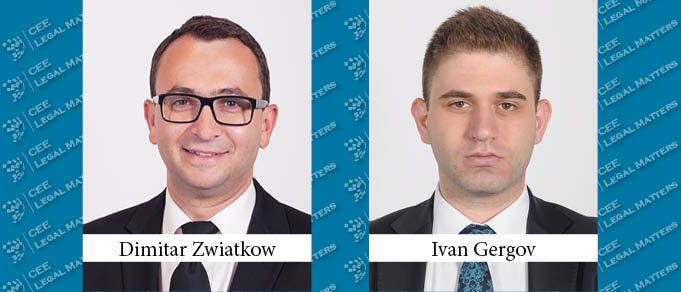Against a backdrop of global uncertainty fuelled by Brexit, a US-China trade war, and a weakening German economy, Central and Eastern Europe has proven itself economically resilient in the face of a challenging year. Led by Hungary, Poland, and Romania – all of which reported more than 4% GDPs growth – many emerging European countries have comfortably outshone the sluggish economies of Western Europe. It is, therefore, unsurprising that foreign investors flocked to the region in 2019 in search of healthy returns.
“Little Schengen” Project in a Nutshell – What Does It Mean For Your Business?
If the Western Balkan countries are in your business spotlight, you must have heard about the “Little Schengen” project that was discussed between the governments of Albania, Serbia, and North Macedonia, and the signing of the consequent Declaration on Establishment of Free Movement of People, Goods and Services on October 10, 2019 between the leaders of these countries (“Little Schengen Declaration”). Although it may be argued that the “Little Schengen” project comes as an answer to the fact that the “Big Schengen” is still out of the reach for these Balkan countries, closer economic cooperation between the Western Balkan countries is a trend that’s being going on for a while. In particular, four months prior to the signing of the Little Schengen Declaration, North Macedonia and Serbia signed an agreement to establish joint controls at the border crossing point of the road between North Macedonia and Serbia (the “Bilateral Agreement”).
Trends in Logistics and Transportation: The Struggle Between Technological Development and Restrictive Legal Rules
The words which probably best describe trends in the field of logistics and transportation are “information connectivity” and “automatization.” The aim of both is the same – to increase efficiency and to achieve effective control of time, costs, quality of services, etc. In Croatia, as elsewhere, these concepts have resulted in some new legal challenges.
Bulgaria: The Automotive, Logistics, and Transportation Hub of the Balkans
The automobile part-and-component-production sector’s expansion in recent years has become a motor of the Bulgarian industry and economy. Since the Japanese company Yazaki’s investment some 15 years ago, and following Bulgaria’s EU accession in 2007 – and thanks to the common European market and the globalization of car production – Bulgarian car part manufacturers have successfully integrated into European and international supply chains as suppliers and subcontractors for global brands such as BMW, Mercedes, Renault, Nissan, Audi, Ford, Porsche, and Tesla. Nowadays, 80% of all cars have parts produced in Bulgaria. In some specific segments, Bulgarian manufacturers have become absolute market leaders - for example, 90% of the airbag sensors in all European cars are produced in Bulgaria.
Successful Year for E-Mobility in Slovakia
Slovakia is essentially a global superpower in the per-capita production of cars, producing more new cars per capita than any other country in the world. According to statistical data from 2018, four global car manufacturers located in Slovakia – Volkswagen Slovakia, Kia Motors Slovakia, PSA Group Slovakia, and Jaguar Land Rover – produced more than a million cars. The Slovak Automotive Industry Association reports that over 1.08 million cars were manufactured in Slovakia in 2018. It will be interesting to see whether this number will be surpassed given the recent challenges and potential slowdown in the automotive industry.
Ukraine’s New Concession Law
The new Law of Ukraine “On Concession” (the “2019 Concession Law”) became effective on October 19, 2019, following several years of discussion. As the previous concession law (which was adopted in 1999) provided outdated and unenforceable regulations and was inconsistent with other laws regulating concessions and public-private partnerships in Ukraine, no significant concession projects had been developed in Ukraine for more than 20 years. The 2019 Concession Law provides a chance for Ukraine to overcome legal barriers to the development of concession projects and attract much needed investment into the country’s infrastructure.
State of Logistics/Transportation/Shipping in Bosnia and Herzegovina
Due to the complex constitutional structure of Bosnia and Herzegovina (composed as it is of two entities, Republika Srpska (RS) and Federation of BiH (FBiH), and the Brcko District), logistics, transportation, and shipping matters are regulated on the state level, entity level, and – in FBiH – cantonal administrative level.
Silver Cities – The Real Estate Implications of an Aging Population?
The world is getting older by the minute, and this is a fact.
Does Serbia Need a Special Law on the Lease of Business Premises?
With a total stock of over 800,000 square meters of office space and several large-scale office projects underway, Belgrade aims to further strengthen its position as a top choice for headquarters of investors operating in Serbia and SEE.
Never Say Die: Restructuring in CEE
CMS Partner Ana Radnev on developments in Restructuring/Insolvency across CEE
Marketing Law Firm Marketing: The Reason for the Role
Why would anyone knowingly become a law firm marketing specialist – a role that is demanding, complicated, challenging, and stressful? To explore this mystery, we went to the source. Accordingly, this time around we asked the law firm marketing specialists of CEE to complete the following question: “I went into Law Firm Marketing/BD as a career because ____________.“
Less is More Consolidation of the Macedonian Banking Market Improves Competition
The main characteristics of the Macedonian banking market are its small size and the relatively large number of players. According to the latest reports of the National Bank of North Macedonia, out of fifteen active banks, five have significantly higher market shares than the rest. The combined market share of these five biggest banks is 74.4%, with a significant discrepancy between the bank that owns the largest amount of assets (a market share of 22.7%) and the one with the lowest (a market share of 0.5%).
Can Securitization Wake Up Croatia’s Capital Market?
When investors think of attractive and developed capital markets, Croatia’s is probably not the first to come to mind. Can that be changed?
Risk-Free Rates and the Future of LIBOR: A Bulgarian Perspective
In 2013, a wide range of changes were introduced in relation to the London Inter-Bank Offered Rate. A staple for a wide range of financial products, LIBOR has been the dominant rate for syndicated loans, bonds, and derivatives entered into on the Bulgarian, CEE, and wider European markets. However, following a series of problems over the past decade, the need to move away from LIBOR has become apparent. As panel banks would not be required to submit their references by the end of 2021, the question has become what the alternatives to LIBOR are and how they can be implemented.
Expat on the Market: Frances Gerrard of CMS
Frances Gerrard, a member of CMS’s Corporate and M&A team in Prague, is a long way from her home in Australia. We spoke to her about the path that brought her to the Czech capital.
A Family Affair: The Hanslik Brothers Continue Family Tradition in Law, Leading Way With Style at CMS Vienna and Taylor Wessing Prague
It’s not easy to get to the top of a profession. Among lawyer in particular, there is fierce competition, great pressure, slim margins of error, and a number of people waiting to capitalize on mistakes. Making it to the top, and staying there, is a tightrope that must be walked over and over. And yet, the Hanslik family has not one but two such high achievers, in two different countries, as Austrian brothers Erwin and Guenther Hanslik have senior positions at offices of two of the most respected and successful international law firms in Europe.
Beyond Dispute: Cautious Hope about Ukraine's Ongoing Judicial Reform
As the country entered the 21st century, Ukraine’s Soviet-era judicial system was widely condemned as corrupt, incompetent, and inefficient. Committed to rectifying the situation, in 2015 the Ukrainian government introduced plans to reform the entire system. That transformation, which was the focus of an August 2017 CEE Legal Matters Round Table, continues today. We reached out to several of the Ukrainian dispute resolution specialists we spoke to several years ago for an update.

